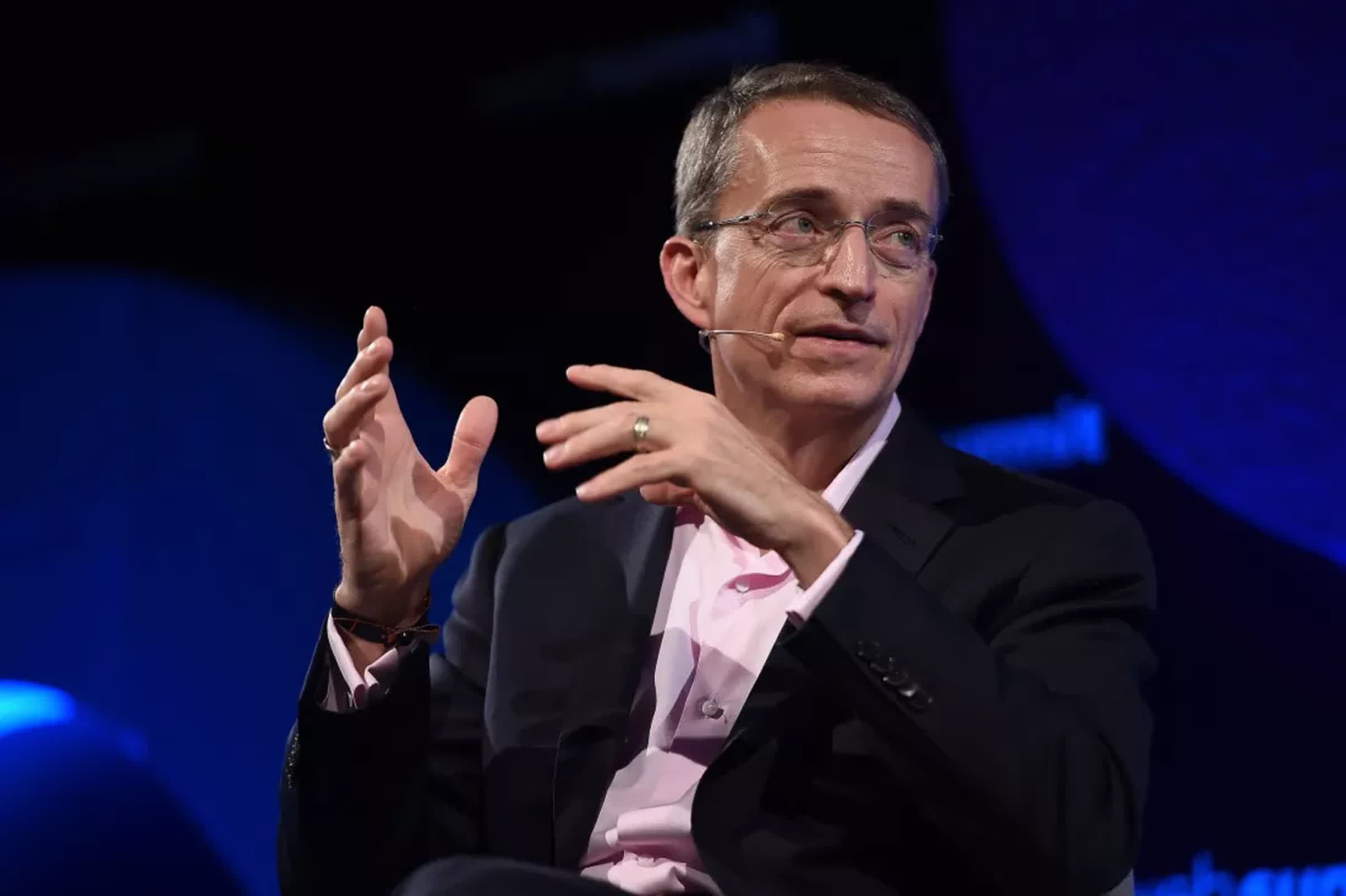Contrarian View The revelation that development costs for DeepSeek's AI assistant came in at only $6 million sent shockwaves through the stock market this week, particularly affecting companies heavily invested in AI. Nvidia saw its shares tumble alongside other tech stocks over concerns that the demand for Nvidia's chips would decrease if AI models can be developed more cost-effectively. However, not everyone shares this pessimistic outlook. Former Intel CEO Pat Gelsinger offers a different perspective on the situation, arguing that the demand for high-performance computing in AI development is likely to remain strong, despite the emergence of cheaper alternatives.

"The market reaction is wrong, lowering the cost of AI will expand the market," Gelsinger said on social media. "Today I am an Nvidia and AI stock buyer and happy to benefit from lower prices."
Gelsinger argues that the response to DeepSeek overlooks three crucial lessons from the past five decades of computing history.
First, Gelsinger emphasizes that lowering the cost of computing resources expands the market rather than contracts it. He draws parallels to previous technological advancements like PCs and mobile devices, where increasing affordability led to widespread adoption. He believes that making AI more accessible will integrate it into a broader range of applications, ultimately driving growth in the industry.
Second, Gelsinger highlights the importance of constraints in fostering innovation. He points out that the DeepSeek team, faced with export restrictions and limited resources, managed to create a world-class solution at a fraction of the usual cost. This ingenuity, Gelsinger notes, aligns with insights from computer science pioneers, who often achieved their best work under significant limitations.
Wisdom is learning the lessons we thought we already knew. DeepSeek reminds us of three important learnings from computing history:
– Pat Gelsinger (@PGelsinger) January 27, 2025
1) Computing obeys the gas law. Making it dramatically cheaper will expand the market for it. The markets are getting it wrong, this will make AI...
Third, Gelsinger advocates for openness in AI development. He expresses concern over the trend toward proprietary AI models, arguing that open ecosystems consistently lead to better outcomes. "Open wins every time it is given a proper shot," he said. The ex-Intel boss believes that DeepSeek's open approach serves as a reminder of the value of shared innovation in the AI field.
But the big reveal came when he said that engineers at his startup, Gloo, are running R1 today. "They could've run o1 - well, they can only access o1, through the APIs."
One of the key advantages of DeepSeek's AI model is its ability to run on local devices, including personal computers and mobile phones, in contrast to ChatGPT's latest models, which are exclusively cloud-based. The local deployment option offers users greater control over their data and reduces reliance on internet connectivity.
However, the initial training of such advanced AI models still requires substantial computational power. Despite DeepSeek's innovations in model efficiency, major AI companies like Anthropic and OpenAI possess significant computing resources allowing them to further scale up their models and increase the number of parameters while leveraging their infrastructure.
In other words, while some companies like DeepSeek focus on efficiency and doing more with less, others leverage their vast resources to push the boundaries of model size and complexity. Both approaches have their merits and contribute to the advancement of AI technology.